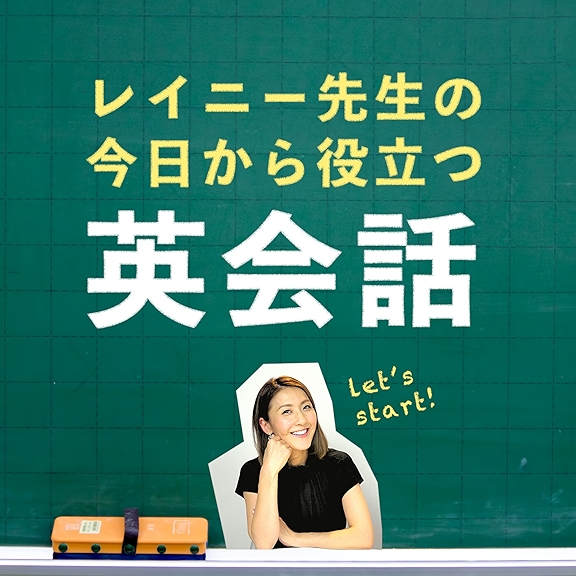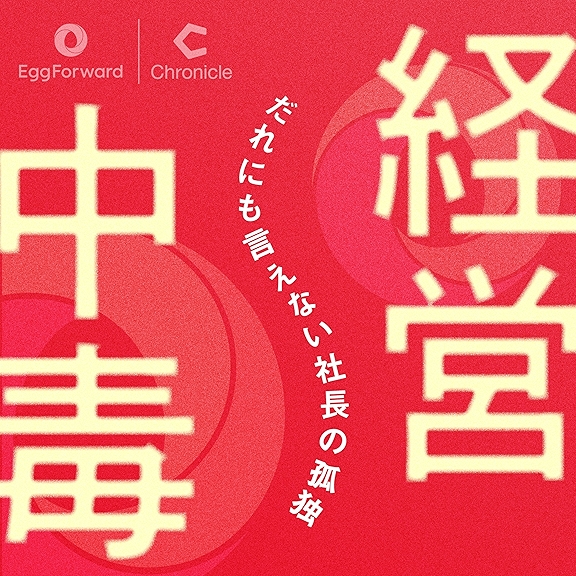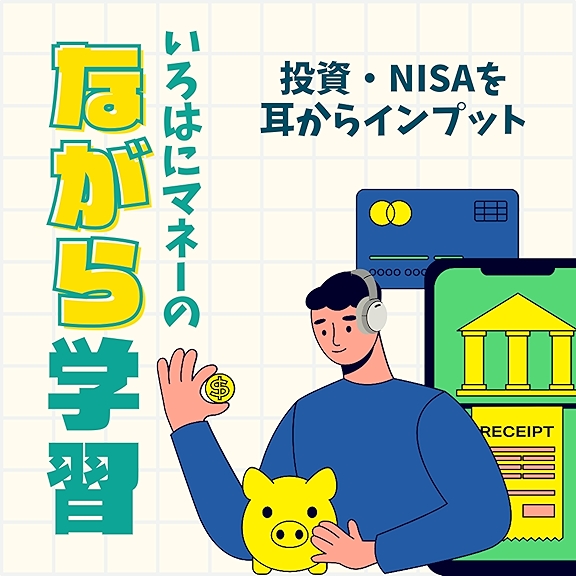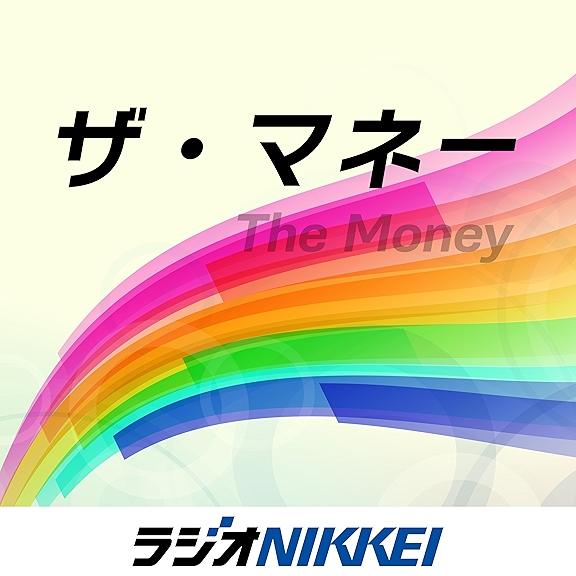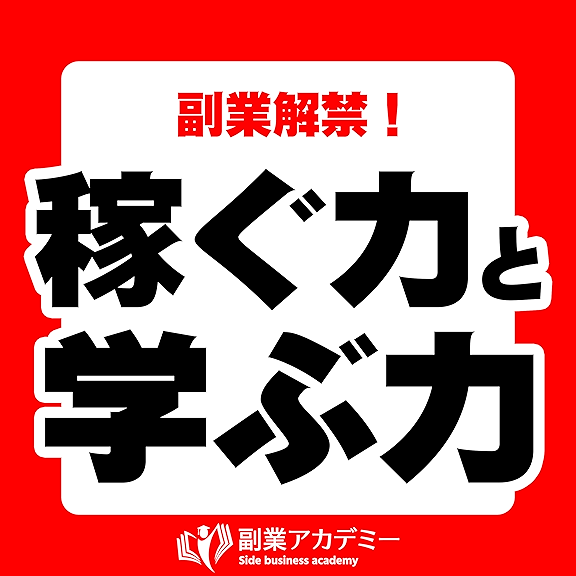
#030 - Overcoming Subconscious Bias and Promoting Inclusivity in Action
Offending someone by not taking the time to understand their culture can be unintentional but impactful.
Rei dives deeper into the critical imperatives of diversity, equity, and inclusion (DEI) practices with Darren Wesley Martin Jr. and Dr. Rubina Malik from Bold Culture. Together, they talk about detailed lessons gleaned from a firsthand collaboration between I&CO and Bold Culture, shedding light on the blind spots that hinder fostering inclusive workplaces. From unintentional offenses to impactful consequences, the discussion underscores the importance of grace, education, and open dialogue in addressing biases.
Founded by Darren Martin Jr, Ahmad Barber and their independent parent company Streamlined Media & Communications (SMC) in 2016, Bold Culture was born as a response to the slew of culturally uninformed marketing messages being put out by brands and their agencies, and the apparent lack of representation and inclusion in the offices of the communication and tech industry at all levels.
Bold Culture is inspired by the necessity of diversity and inclusion in the communications-tech ecosystem. How brands communicate with their consumers, how they build their products, how their products are perceived and used, are all connected to diversity, equity and inclusion. That is why Bold Culture is within the intersection of developing inclusive workplaces and ensuring inclusive marketing messages are authentically delivered.
Timestamps:
- 0:00:00 Intro
- 0:01:20 Discussion on the specific example of cultural context in a video series
- 0:03:41 Importance of considering styling, setting, and storytelling in representation
- 0:05:16 Impact of harmful advertisements and the need for immediate action
- 0:06:31 Addressing blind spots and biases in the workplace
- 0:08:30 Common blind spots and pitfalls in diversity, equity, and inclusion
- 0:09:35 Importance of education and grace in addressing biases
- 0:11:16 Blind spots related to assumptions and cultural understanding
- 0:12:49 Personal experience with a DEI officer's assumption about Ramadan
- 0:13:16 Reflecting on how to address the situation with education and empowerment
- 0:13:16 Diversity encompasses race, gender, ability, sexuality, and socioeconomic status.
- 0:13:49 It is disrespectful to represent women in a stereotypical way. Education on the history of women globally is necessary.
- 0:14:36 Calling in and calling out are two approaches to addressing bias and microaggressions.
- 0:15:18 Calling in allows for self-correction, while calling out is a more direct approach to stopping harmful language.
- 0:16:19 It is important to challenge harmful language and educate others about diversity.
- 0:17:06 Offending someone by not taking the time to understand their culture can be unintentional but impactful.
- 0:18:11 The post-affirmative action era raises concerns about future college admissions for minority students.
- 0:19:21 Offense can be taken when assumptions are made about cultural practices. Taking an extra step to understand can make a big difference.
- 0:20:02 It is everyone's responsibility to avoid assumptions and take the time to understand different cultures.
- 0:22:02 Small actions can contribute to creating inclusive and equitable communication.
Episode References:
- Bold Culture | Corporate Site
- Darren Martin Jr. | LinkedIn
- Dr. Rubina Malik | LinkedIn
- Rei Inamoto | Instagram
- Rei Inamoto | X
- I&CO | Corporate Site
See Privacy Policy at https://art19.com/privacy and California Privacy Notice at https://art19.com/privacy#do-not-sell-my-info.
